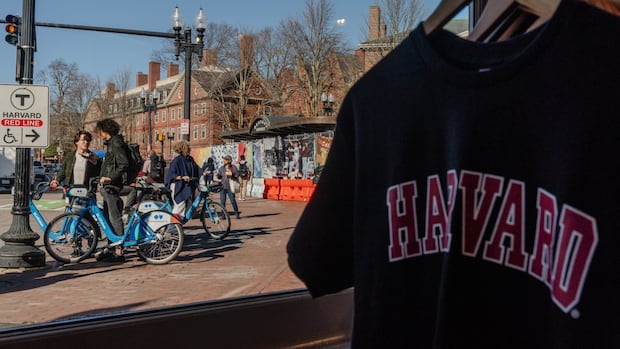ARTICLE AD BOX
Given the primacy that successive governments have placed on irregular migration, it is somewhat surprising that the main beneficiaries of the various efforts to stop the boats seem to be a number of private companies contracted by the government on somewhat opaque terms.
The costs involved in the mismanagement of the migration crisis – no fault of the asylum seekers – are steep enough already; it would at least offer some respect to the tax-paying public if there was a fuller accounting of their money.
Even more worrying, it is not entirely clear that this subcontracting of migration and border control operations has had any discernible effect. There is certainly no obvious evidence of it.
As The Independent reveals, researchers from four universities analysed up to £2bn of contracts awarded since 2017, which were aimed at curbing clandestine travel across the English Channel and dealing with the costs of safeguarding Britain’s borders.
While the various databases for government contracts show the estimated value of the work, they do not publish the amount of money a company actually receives, making the actual revenues from border security harder to trace and profits more difficult to quantify. Often, the official sources of information offer minimal detail on where the funds are allocated – and to what practical effect.
The sums involved are considerable – and until now have attracted surprisingly little critical attention. Mitie Care and Custody, for example, was granted an award of £514m for managing short-term holding facilities for migrants and escorting them in the UK and abroad. Serco, meanwhile, was awarded a £276m contract to run two detention centres in Gatwick, as well as some £52m to search lorries and escort people in northern France. American defence tech company Leidos has a contract for helping develop biometrics, and finger-printing capabilities to support UK law enforcement and immigration, which is worth over £96m.
There is no reason to believe that anything untoward was happening in these and other examples; and governments have outsourced work for many decades now. The problem is that in such a sensitive area, and one where there has been such a high level of public concern, there is insufficient transparency about the application of the funds – and, moreover, the results achieved.
As is all too plain to see, Britain’s attempts to control migration seem to have ended up in the worst of all worlds; a determinedly hostile regime that can be unduly harsh, but one that has had minimal obvious effect on the numbers making that dangerous and desperate journey across the Channel.
The decision of the last government to designate anyone trying to gain entry to the UK to make a claim for asylum a crime was entirely counterproductive. Because the would-be refugees had arrived via small boats, they were automatically criminalised as “illegals”.
Therefore, their applications would not even be processed, let alone accepted – so they could not settle in the UK. Yet that left them marooned in legal limbo and in costly and unsuitable hotels. A “perma-backlog” of claimants was created; people who could not be processed and could not be removed.
The idea was that they’d eventually be sent to Rwanda to be dealt with, but, notoriously, that policy collapsed and had to be abandoned under the weight of its own senselessness. With no safe and secure methods to claim asylum, aside from a few limited special schemes for Hong Kong, Ukraine and Afghanistan, refugees have no choice but to make the journey.
Logically, though not morally or legally under international law, the answer would be to immediately deport them and return them to a place where they’d face torture or death. But that is not an option that any civilised government should or would want to take.
All of which leaves the asylum system in a mess – and forces governments to spend money on trying to make it work. The level of failure on every level is so gross that it is little wonder that some aspects of the system are so opaque.
The Starmer administration promised a new approach, replacing “stop the boats” with “smash the gangs”. Deportations of those whose asylum claims have failed have increased, but there is not yet substantial evidence that the national security approach to the Channel crossings has disrupted the smuggling gangs’ business model. Nor has the home secretary, Yvette Cooper, yet delivered on her promise to end the use of hotels and clear the backlogs.
No doubt, with an eye on the political potency of immigration, soon to be confirmed in the local elections, the government will publish a white paper on migration – but focused on potential abuses of the visa system, rather than the irregular migration that has proved such an intractable challenge.
In any case, it is far too early to declare that this government has failed to control Britain’s borders, but a greater degree of transparency about the cost of failing to control migration is the least the public is entitled to.








 English (US) ·
English (US) ·